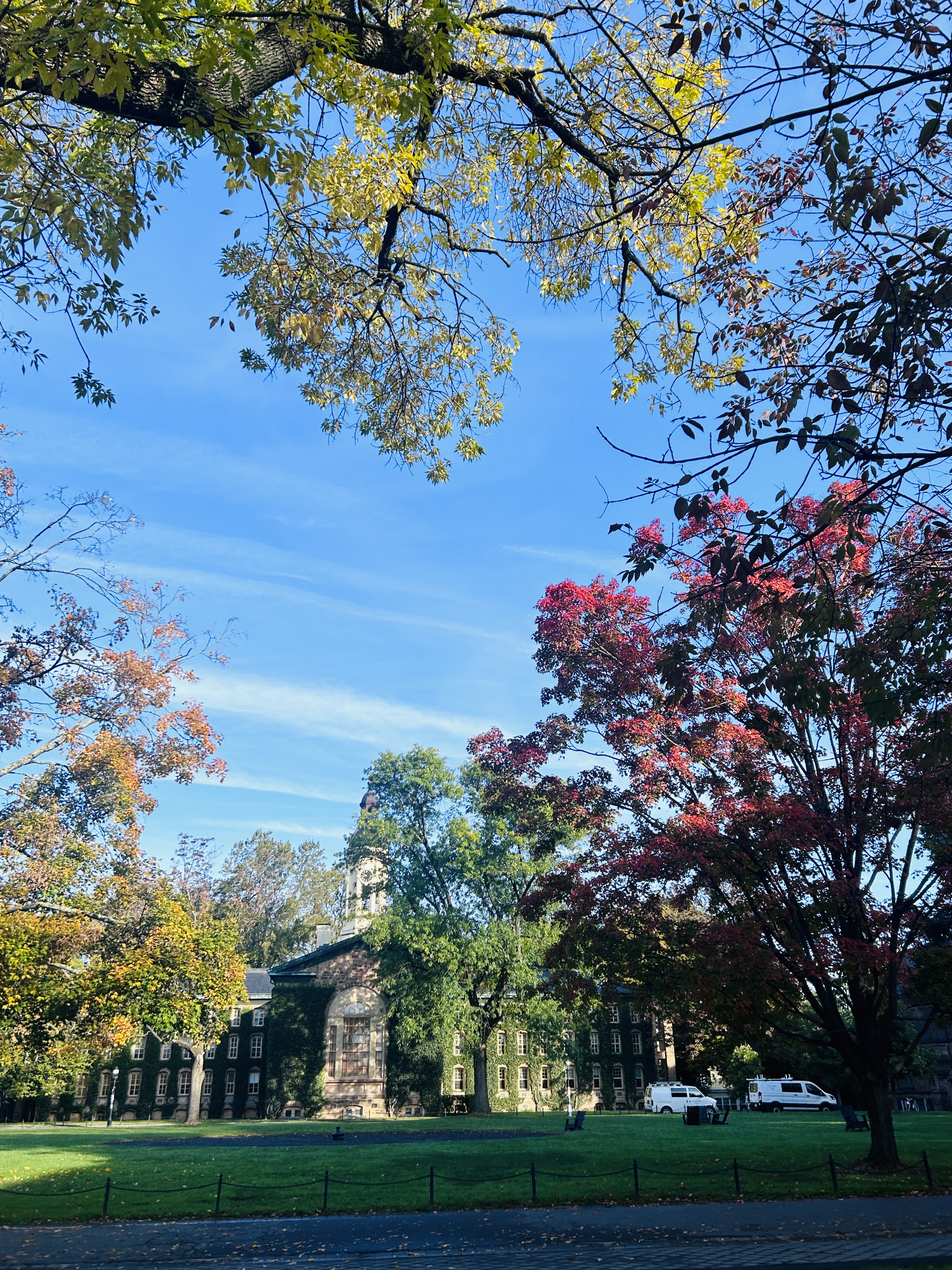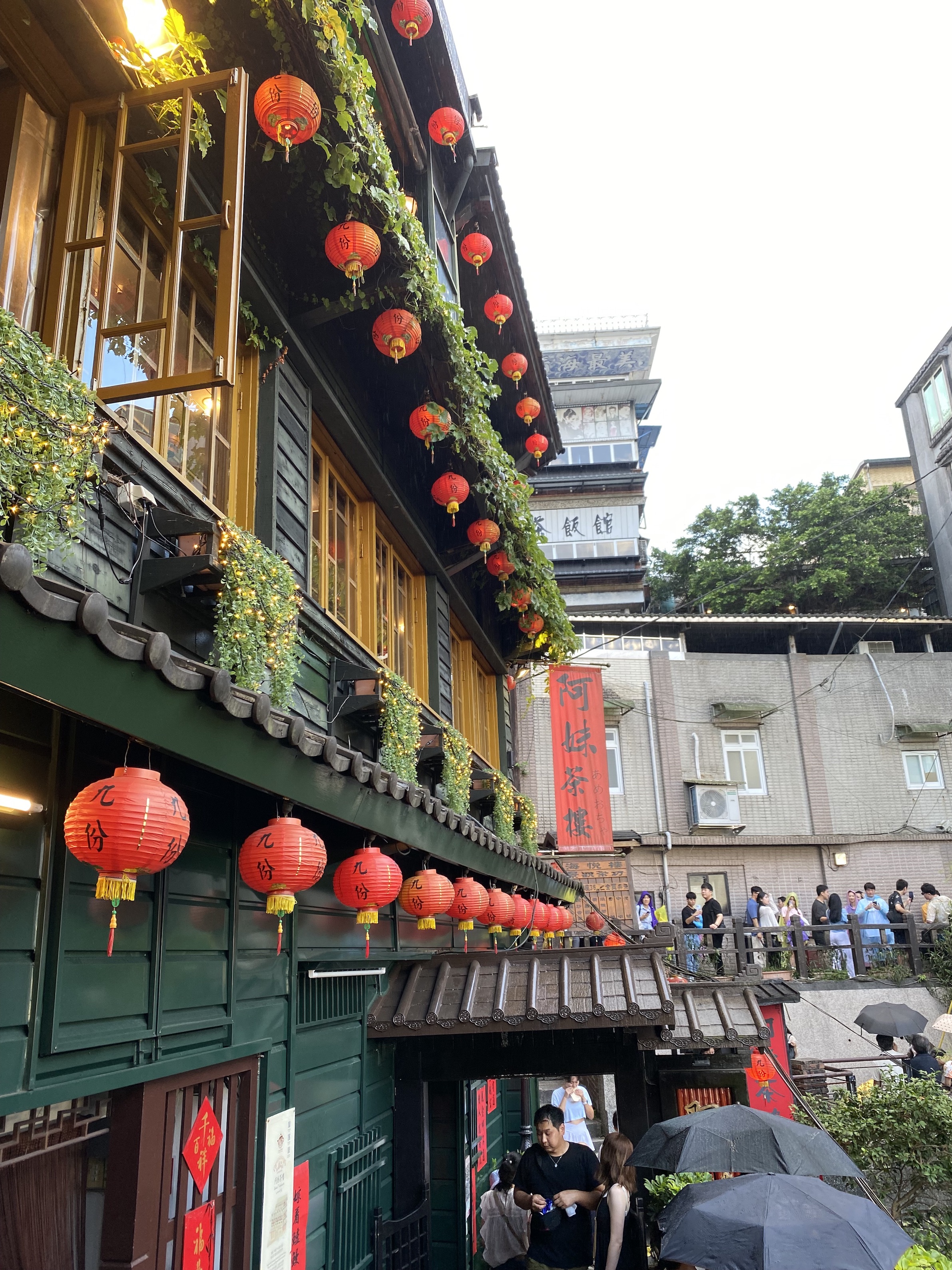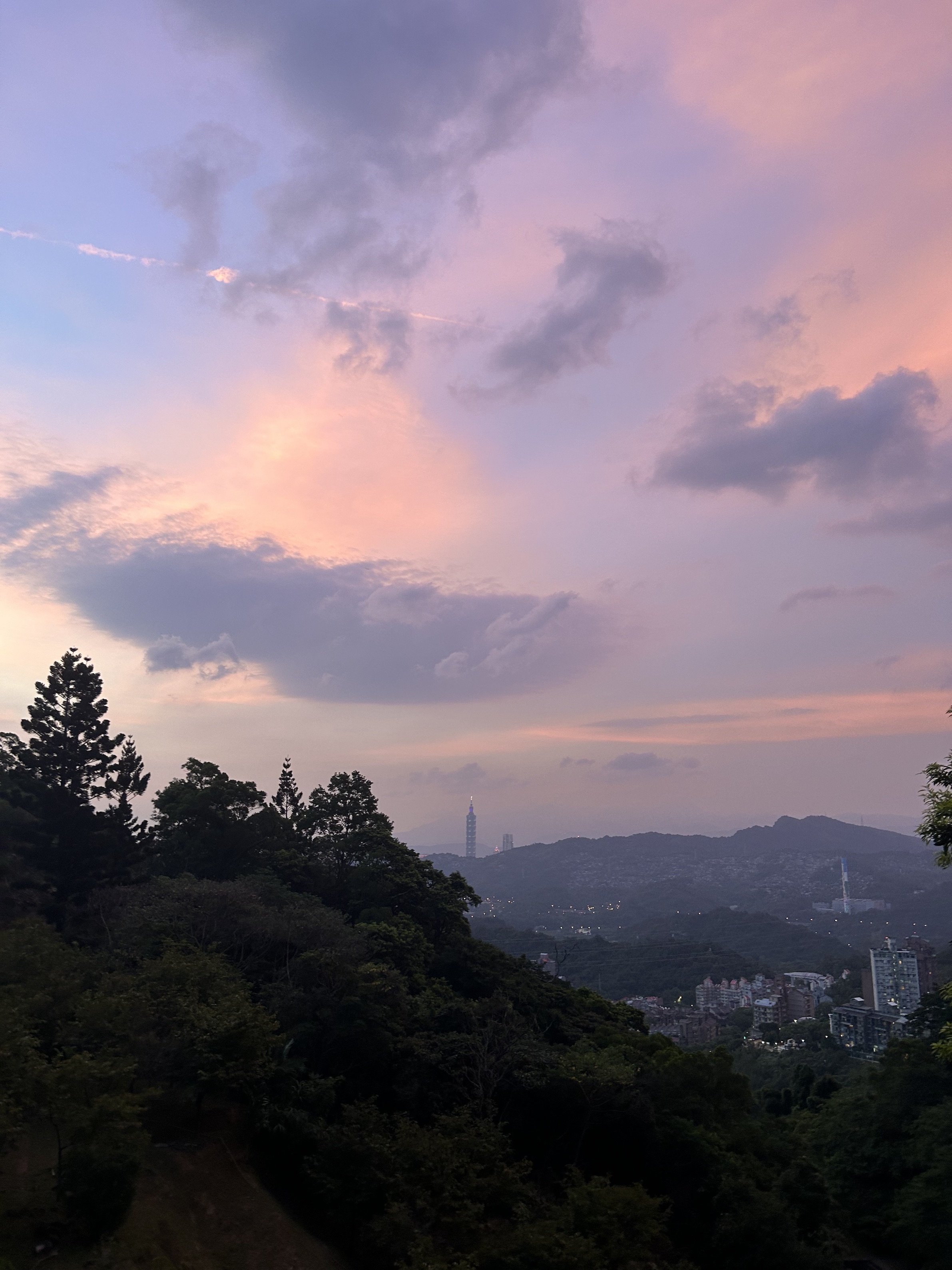There’s sometimes a sentiment that Princeton is a small town with “not much to do," but I fundamentally disagree with that—let me convince you why.
First of all, I will admit that, yes, Princeton doesn’t have the hustle and bustle of larger cities. If that’s what you’re drawn to, all the power to you to prioritize that kind of experience. And don’t get me wrong, there is something very enticing about being young and being in the center of all the commotion. Part of me does want that at times. The exhilaration. The grind. The possibilities.
That being said, I believe many students feel this sentiment and view it as a binary scale. Princeton either fits into that category or it does not. This has resulted in many students putting Princeton into a box, limiting their own experience to the expectations that they’ve preconceived. If you believe Princeton is a small town with nothing to do, then trust me, it will feel that way. But if you don’t let your expectations trump your experience, there are countless hidden gems to discover.
For example, have you been to the Mendel Music Library, the Architecture Library, or the Stokes Library? I’m always shocked when my friends haven’t poked their heads into every building on campus yet. I’ve learned to be an “explorer”—a title my dad originated and wears very proudly. He’s always trying to sneak into places that he definitely shouldn't be. His attitude has taught me to have an endless curiosity for my surroundings, and further allows me to take full advantage of whatever environment that I’m in. And through my own exploration during the past two years, I’m proud to report that I’ve curated a list of some of my favorite hidden gems on campus.
1. The Radio Show (WPRM 103.3 FM)
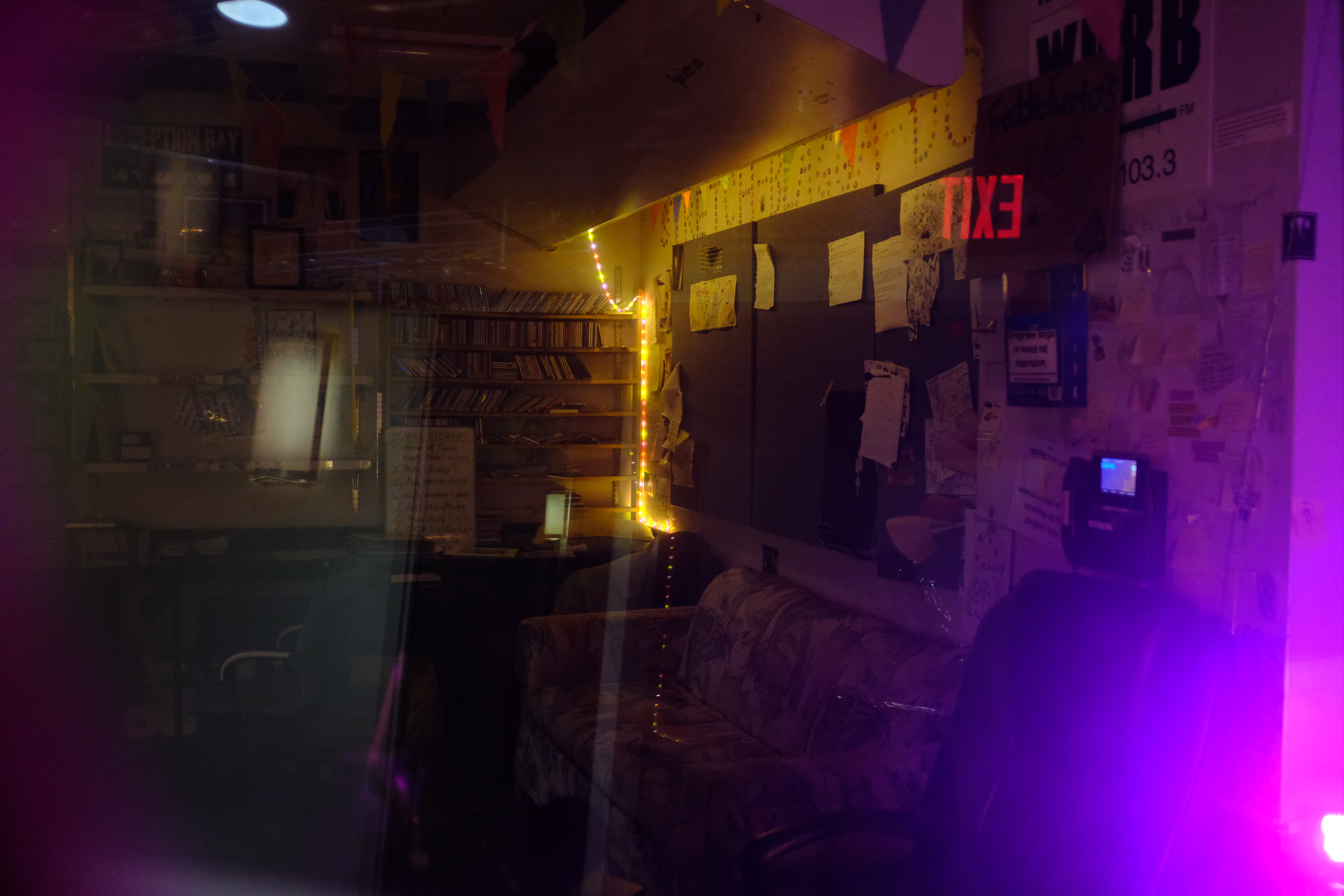
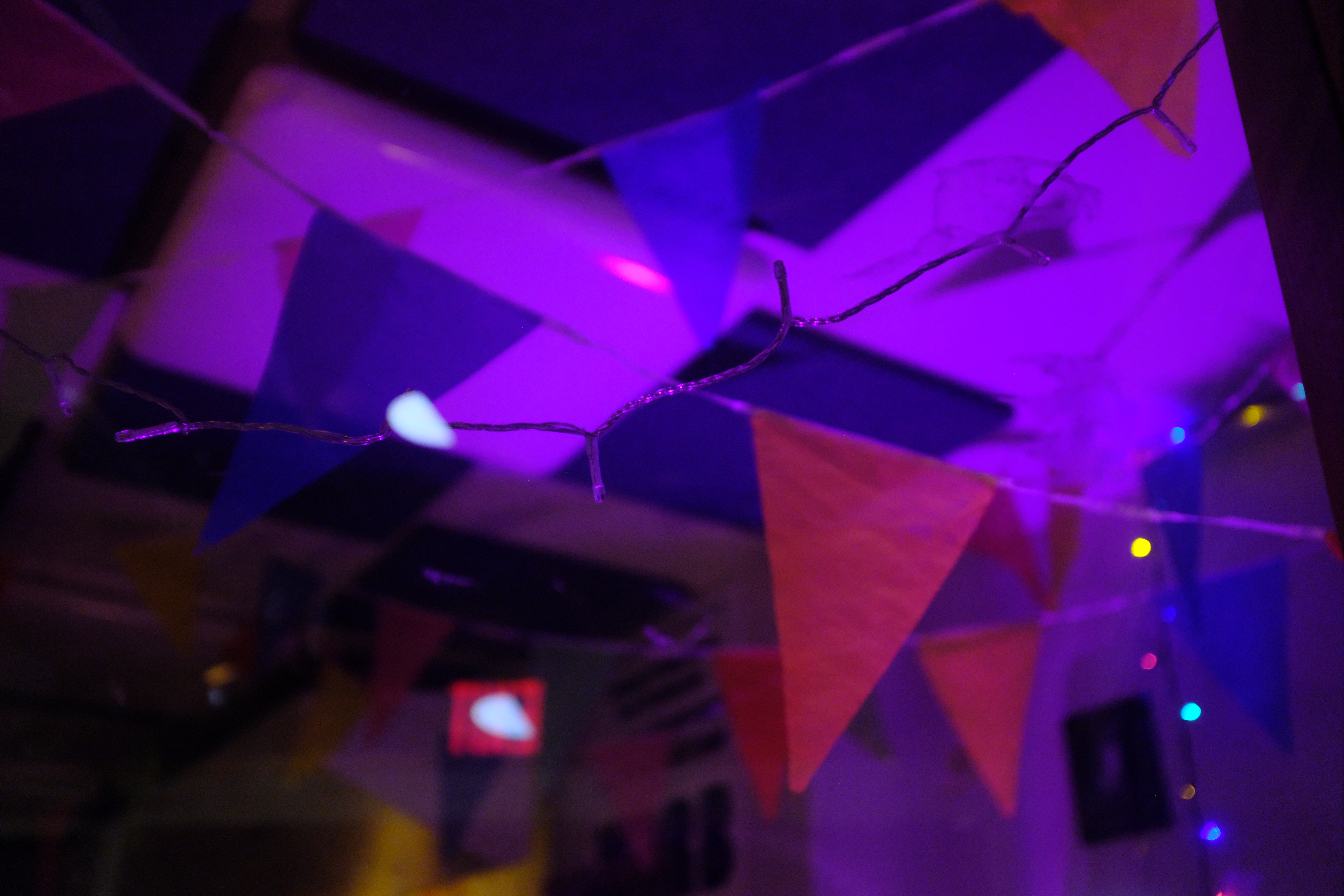
Did you know that we have a radio station?! I certainly did not. AND WHAT A COOL SPACE! This is my most recently found hidden-corner on campus. It’s located in the basement of Bloomberg and is probably the coziest place I’ve seen on campus. Access is limited—you probably need to know someone who works at the radio show. But ask around and add it to your Princeton Bucket List. It’s worth a visit.
2. Princeton University Press Courtyard
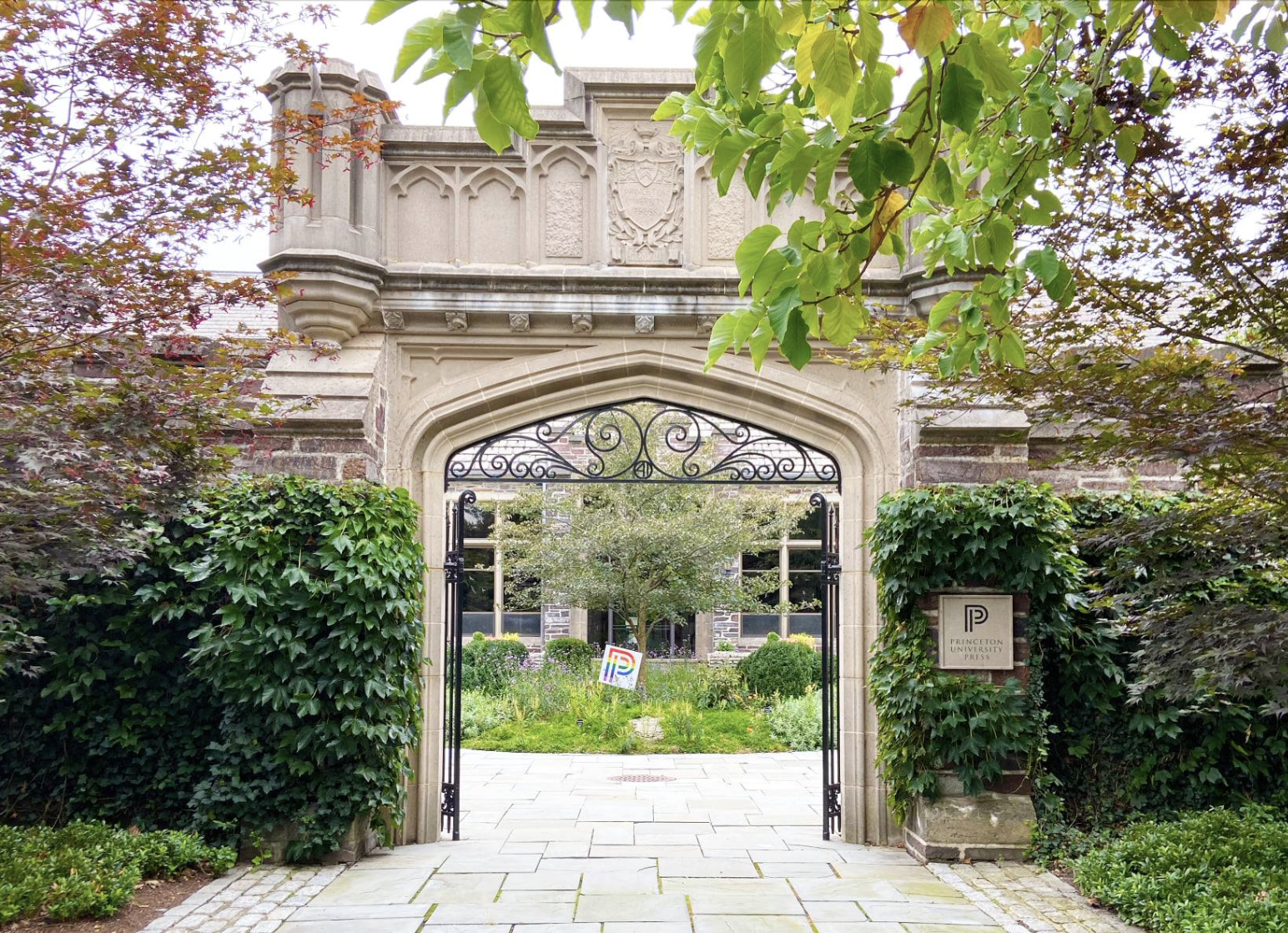
This is one of my favorite spots to sit and escape the sometimes stressful environment of Princeton. This beautiful courtyard is right next to the Friend center, and in the summer is filled with beautiful flowers.
3. My Secret Garden
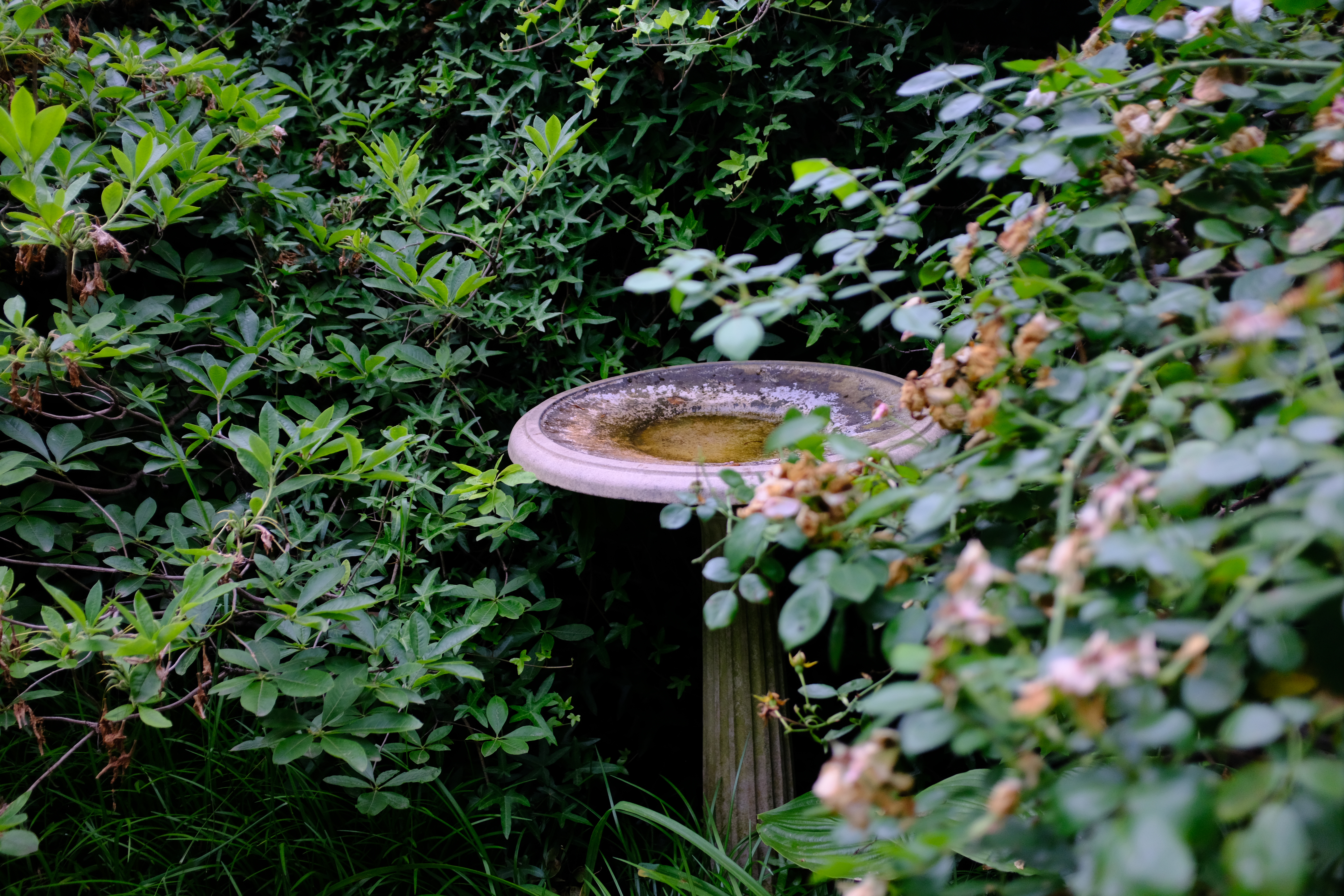
This was the first hidden gem I discovered on campus. I found it during my orientation week. Slightly/very overgrown, this garden not only feels hidden but also ancient.
4. 1936 Garden
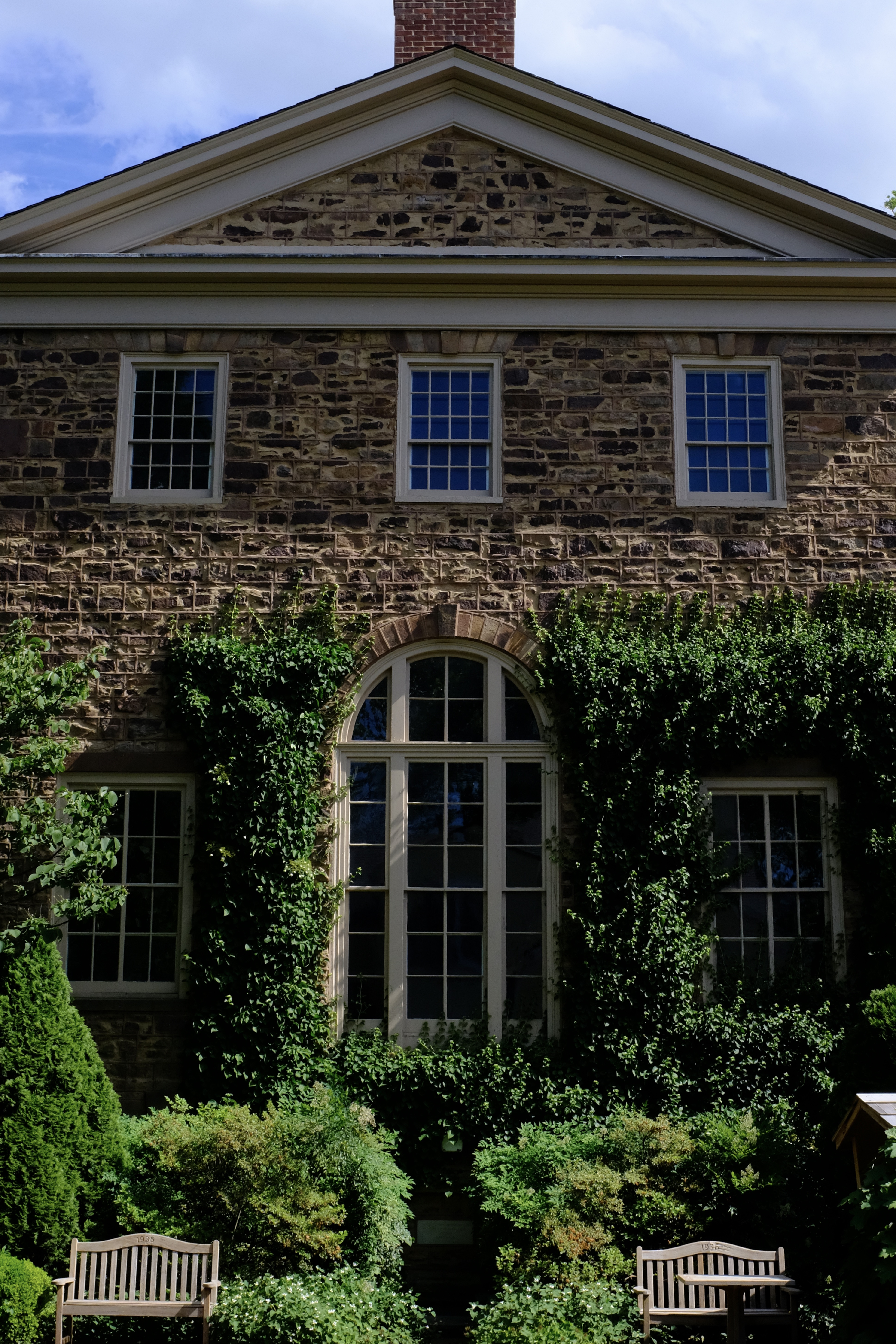
Right next to Nassau Hall, and snuggled between Maclean House and Stanhope Hall, this garden is hidden behind brick walls and ivy.
5. Princeton Town Farmers Market
Most student don’t know, the town has a farmers market from May - November right next to the Princeton Public Library. They have fresh produce, pastries, and a great sale on books if that’s up your alley. While this is technically off campus, it shows how much there is to discover in town as well!
Location: Princeton Public Library Square
And while I’m happy to share a few of my discoveries, I will be keeping my absolute favorite corners on campus hidden. But I hope that encourages you to go and find your own. They’re sprinkled all around campus.













